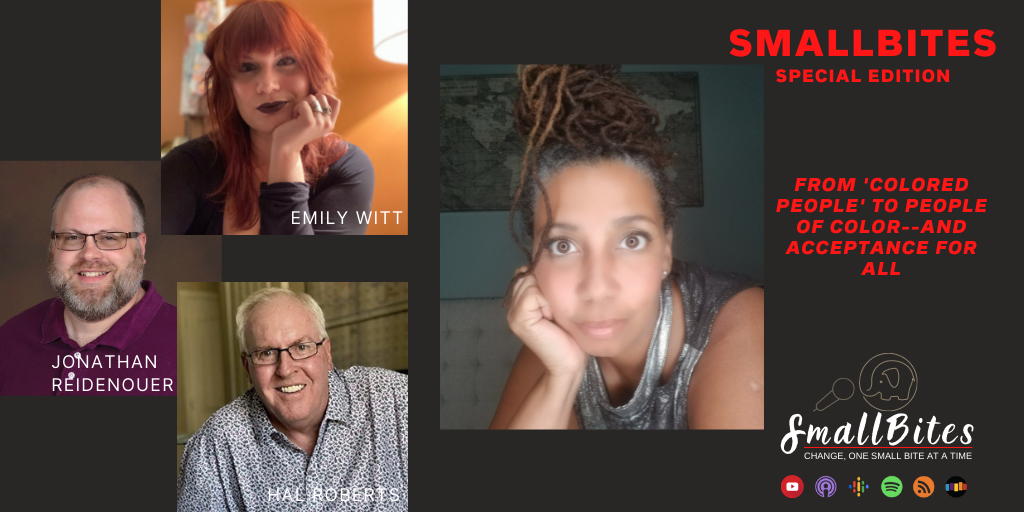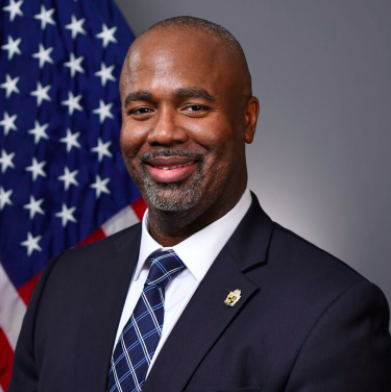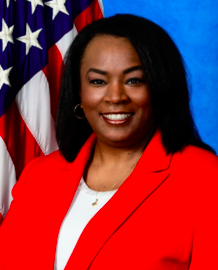It Starts With Me
If you have not yet found your way to Jennifer Gonzales’ Cult of Pedagogy, please use this as your gateway. In this small bite of our interview, you’ll hear one of the 8 questions below that you can use to challenge yourself on your way to becoming a more empathetic, inclusive educator. For the entire podcast and show notes, please visit https://www.cultofpedagogy.com/blindspots/. While you’re there, click around. I know you’ll find resources you can use to better your practice. For additional resources, or to get your copy of Finding Your Blind Spots, please visit Hedreich.com/resources.
Questions to Ask Yourself:
- How diverse is your personal circle and why does it look like it does? While not having a diverse circle doesn’t mean you are racist, elitist or any other -ist, it probably does mean that you don’t have much experience with people unlike you.
- Who are the ‘others’ in your life? Make a list of 10 people you consider “us” and 10 people you consider “them.” These could be family members, work colleagues, neighbors, students, or anyone with whom you have fairly regular contact. In what ways are the people on your “us” list different from you? How are they similar? What about your ‘others’—how are they different? How are they the same? You can make lists, Venn diagrams, sketchnotes or any other representation to show differences and similarities.
- How often do you use generalizations? Take a week and intentionally keep track of the times you use “they” to describe people of a certain color, culture, identity, gender, etc. One common campus generalization is “the Special Ed kids,” as though students under this umbrella are homogenous. Another is the admin/central office “they.” Teachers often see admin as others. Keep track of “harmless” generalizations as well–”the students,” “the neighbors,” “the football team,” etc.
- What is your initial perception when you talk to someone with an accent different from yours, for instance, a customer service rep, parent, or even a student?
- Do you consider the integration of diverse historical perspectives best practice or divisive politics? One example of multiperspectivity is looking at different narratives between the European settlers and Indigenous people in the colonial U.S. For instance, the Thanksgiving story is usually told from the perspectives of the Pilgrims and mainly portrays their struggles for survival. Rarely do we hear of the hardships that the Wampanoag Indians endured or how they were holding feasts of thanks years before the Pilgrims even arrived. Another example of a lesser-known narrative is that of the Powhatan confederation, the Indigenous peoples who lost both land and life due to colonization in Virginia.
- Who is on your “free pass” list? We tend to be more forgiving of those we like and are in agreement with. List five people–friends, students, public figures–whose failings you tend to excuse or write off. Explain also why you tend to “go easy” on them.
- When do you tend most toward non-acceptance and judgment? Are your triggers cultural differences? Ideological and religious dissimilarity? In-group/out-group challenges?
- How much cross-cultural literature, TV, and movies do you consume in order to familiarize yourself with what for some is an uncomfortable shift to a more diverse community?



